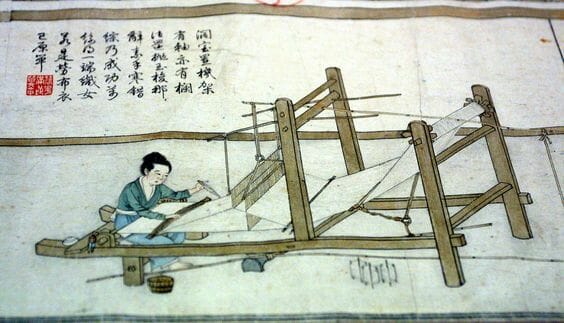
Could cultural attitudes about gender reflect economic conditions hundreds of years ago? My guest today says they do!
Melanie Meng Xue of Northwestern University has shown that China’s cotton revolution had far-reaching consequences extending even to the modern day:
The cotton revolution (1300-1840 AD) in imperial China constituted a substantial shock to the value of women’s work. Using historical gazetteers, I exploit variation in cotton textile production across 1,489 counties and establish a robust negative relationship between high-value work opportunities for women in the past and sex ratio at birth in 2000. To overcome potential endogeneity in location, I use an instrument pertaining to suitability for cotton weaving. I find evidence that premodern cotton textile production permanently changed cultural beliefs about women’s worth, and that its effects have persisted beyond 1840 and endured under various political and economic regimes.
Subscribe to Economics Detective Radio on iTunes, Android, or Stitcher.
The post How Economics Shapes Gender Norms with Melanie Meng Xue appeared first on The Economics Detective.


